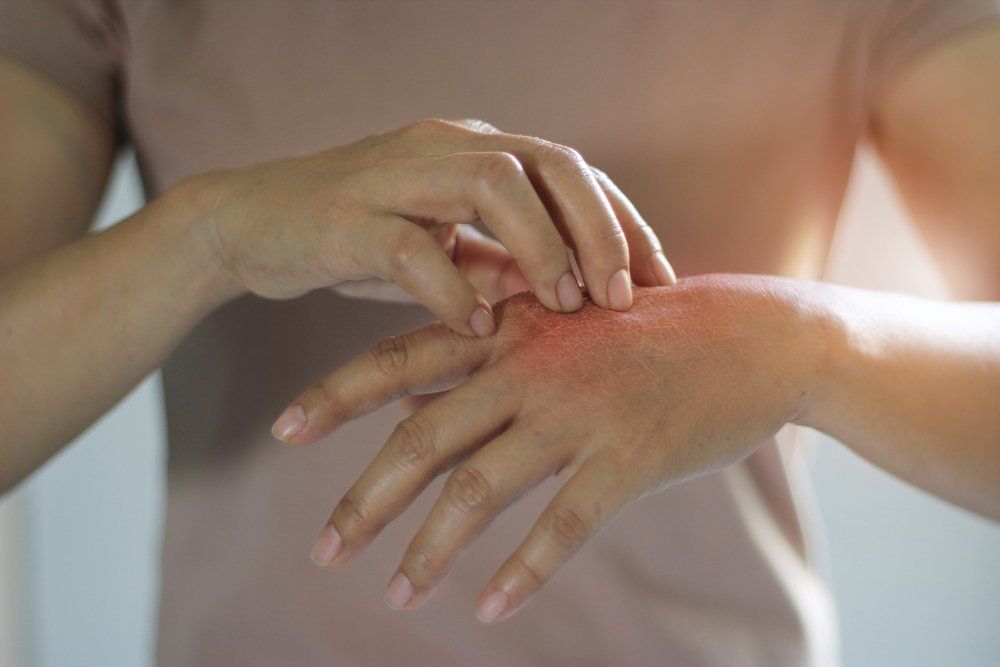Angioedema and Urticaria: Learn More About These Allergic Reactions

If you have raised rashes and swellings that appear suddenly on certain parts of your body, then you may be suffering from angioedema or urticaria. These two skin manifestations are potentially serious because, if the swellings involves the mouth and the throat, then you could stop breathing. Here is more information about angioedema and urticaria, their symptoms, causes, and how doctors treat this condition.
Overview of Angioedema and Urticaria
Angioedema and urticaria are two separate, but related conditions. Angioedema refers to swelling under the skin, especially around the lips, eyes, tongue, mouth, genitals, feet, and hands. Urticaria is the medical name for the raised red bumps and patches otherwise known as hives. These two conditions are generally allergy-related, but can be caused by other health problems.
Symptoms of Angioedema and Urticaria
Angioedema and urticaria symptoms frequently occur within a few minutes to up to several hours after exposure to its cause. You may experience symptoms in only one part of the body, or several at the same time. Common symptoms include:
- Eyes swollen shut
- Rash across forehead, on hands, feet, or around the groin
- Tongue swelling
- Throat closure
- Breath rattling or wheezing
- Blood pressure drop (anaphylactic shock)
These symptoms may also be accompanied by other allergy-like symptoms including swollen sinuses, worsening asthma, and runny noses and eyes.
Causes of Angioedema and Urticaria
Angioedema and urticaria are most commonly caused by allergens, but certain types of allergens tend to provoke this reaction more than others. Also, allergens are not their only cause. Here are some of the types of allergens and non-allergens that cause these conditions.
Latex
If you have a latex allergy, then you will likely develop angioedema and urticaria when you touch this material. Latex is commonly found in examination gloves, condoms, rugs, and balloons.
Food
Food allergies can cause severe swelling around the lips and mouth and sometimes even throat closure. Common food allergen causes include shellfish, peanuts, and soybeans.
Medications
Some medications, such as penicillin, sulfa drugs, ibuprofen, and ACE inhibitors can cause angioedema and urticaria to appear. However, talk to your doctor, first, before stopping any prescribed medications.
Heredity
Heredity is actually very rare and one of the least likely causes for angioedema and urticaria. However, if the doctor cannot find a cause, and you have family members with the same problem, then the cause could be heredity.
Diagnosis and Treatment of Angioedema and Urticaria
Diagnosis often begins with taking your health history and inquiring about any types of foods and medications that you have eaten or taken when the symptoms started. If the cause is difficult to pin down, then you may need to take an allergy or blood test to further narrow down the cause.
Once the cause is found, you may be instructed to either avoid the allergen, or given medications to reduce or eliminate the most dangerous reactions. If the cause is heredity, then your allergy specialist will need to devise a long-term treatment plan to keep the problem from reoccurring.
Prevention of Angioedema and Urticaria
The best way to prevent these type of reactions, especially if they are allergy-related, is to avoid the allergens completely. If your reactions are so severe as to be life-threatening, then you will need to carry an epi-pen to prevent breathing and blood pressure problems. If you can't avoid the cause, then you may need additional, long-term corticosteroids or antihistamines to keep the problem from becoming life-threatening.
Angioedema and urticaria are two types of allergic reactions that are potentially serious, but, most of the time, they will resolve on their own. However, if you are unable to identify the cause of your reactions, or you have experienced breathing problems or sudden blood pressure drops, then contact the experts at the Allergy and Asthma Clinic of Fort Worth. We can track down the cause and provide an appropriate treatment plan for your allergies.






